Join the Urban Institute, coordinator of the National Neighborhood Indicator Partnership, and Actionable Intelligence for Social Policy (AISP) for a discussion that frames our thinking on equitable data practices and offers examples of centering racial equity in data use and integration.
Researchers and data analysts are taught to protect research subjects in primary data collection, but data can be used to harm people and communities beyond that stage of the data life cycle. Collection and reuse of administrative data and/or secondary data sources like the American Community Survey are too often used to label and disadvantage communities of color and people with low incomes. As researchers, analysts, and advocates using administrative or secondary data, think critically about these risks and seek to develop frameworks and practices that mitigate harm. We must be intentional about the ways we collect and use data, involve the communities we are describing in our research, and aim to benefit those communities. Our conversation will elevate findings from two documents produced by Urban and AISP that can help researchers, analysts, and advocates work toward implementing equitable data practices that center the needs of people and communities.
SPEAKERS
Bridget Blount, Senior Director of Data Initiatives, Baltimore's Promise
Sue Gallagher, Chief Innovation Officer, Children's Services Council of Broward County
Leah Hendey, Codirector, National Neighborhood Indicators Partnership, Urban Institute
Kassie Scott, Research Assistant, Urban Institute
To read the publications mentioned above, visit Urban’s and AISP’s websites.
This event is part of the Elevate Data for Equity project that provides knowledge and tools for using data to advance equity and community health. The project draws on insights from the National Neighborhood Indicators Partnership and was funded by the Robert Wood Johnson Foundation.

